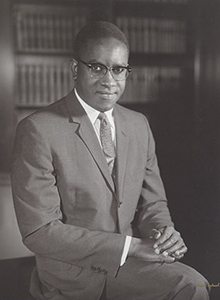
Andrew F. Brimmer
- Governor, Board of Governors, 1966 – 1974
- Born: September 13, 1926
- Died: October 7, 2012
Andrew Brimmer joined the Board of Governors of the Federal Reserve System on March 9, 1966, becoming the first Black member in the Board's history. He served until August 31, 1974.
Brimmer was born in Newellton, Louisiana, in 1926. He was the son of a sharecropper and attended segregated schools growing up. Between May 1945 and November 1946, Brimmer served in the US Army. He then attended the University of Washington in Seattle, where he obtained his bachelor's (1950) and master's (1951) degrees, both in economics. In 1951, Brimmer received a Fulbright scholarship to study in India, and in 1952, he began attending Harvard University. He received his doctorate from the institution in 1957, concentrating in monetary economics and international trade.
While pursuing doctoral studies, Brimmer held several fellowships and assistantships at different universities. During that time, his association with the Federal Reserve System also began. From June 1955 through August 1958, Brimmer worked as an economist with the Federal Reserve Bank of New York. From 1956 to 1957, he served on a three-man mission to advise the Sudanese government on the establishment of a central bank.
From 1958 to 1961, Brimmer was assistant professor of economics at Michigan State University. He also taught at the University of California and City College of New York. In 1961, he joined the Wharton School of Finance and Commerce at the University of Pennsylvania. He took a leave of absence in 1963 when he was appointed deputy assistant secretary for economic affairs at the US Department of Commerce.
On February 28, 1966, President Lyndon Johnson nominated Brimmer for the Board of Governors. During his tenure, Brimmer became known as an expert on international monetary policy. Early on, he joined other "tight money" Board members in supporting a gradual increase in interest rates to fight inflation. However, in 1968 when Congress raised taxes and cut spending to curb inflation, he was one of the first Board members to call for the reduction of interest rates. In later years, he used his position on the Board of Governors to draw attention to the economic plight of Black Americans.
After leaving the Board, Brimmer taught at Harvard University for two years. He then founded his own consulting firm, Brimmer & Company. From 1995 to 1997, he led the District of Columbia financial control board, which Congress created to manage the city's troubled finances.
Brimmer served on the Tuskegee University board of directors from 1965 to 2010 and as the board's chairman for twenty-eight years, making him the longest-serving chairman in the school's history. The institute's business school building is named for Brimmer.
Brimmer was a member of numerous associations as well. These included the American Economic Association, the American Finance Association, the Association for the Study of Afro-American Life and History, the Council on Foreign Relations, the National Economists Club, the American Statistical Association, the Society of Government Economists, and Omicron Delta Epsilon.
Brimmer died in 2012.
Written by the Board of Governors of the Federal Reserve System. See disclaimer and update policy.

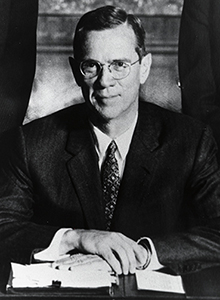
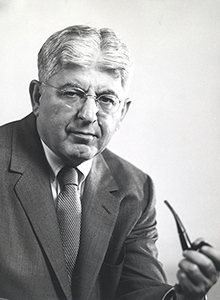
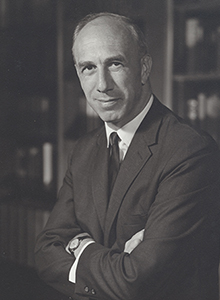
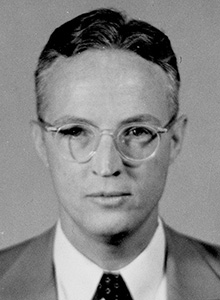
 X
X  facebook
facebook
 email
email